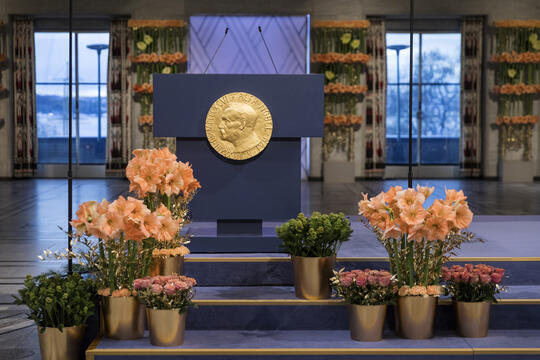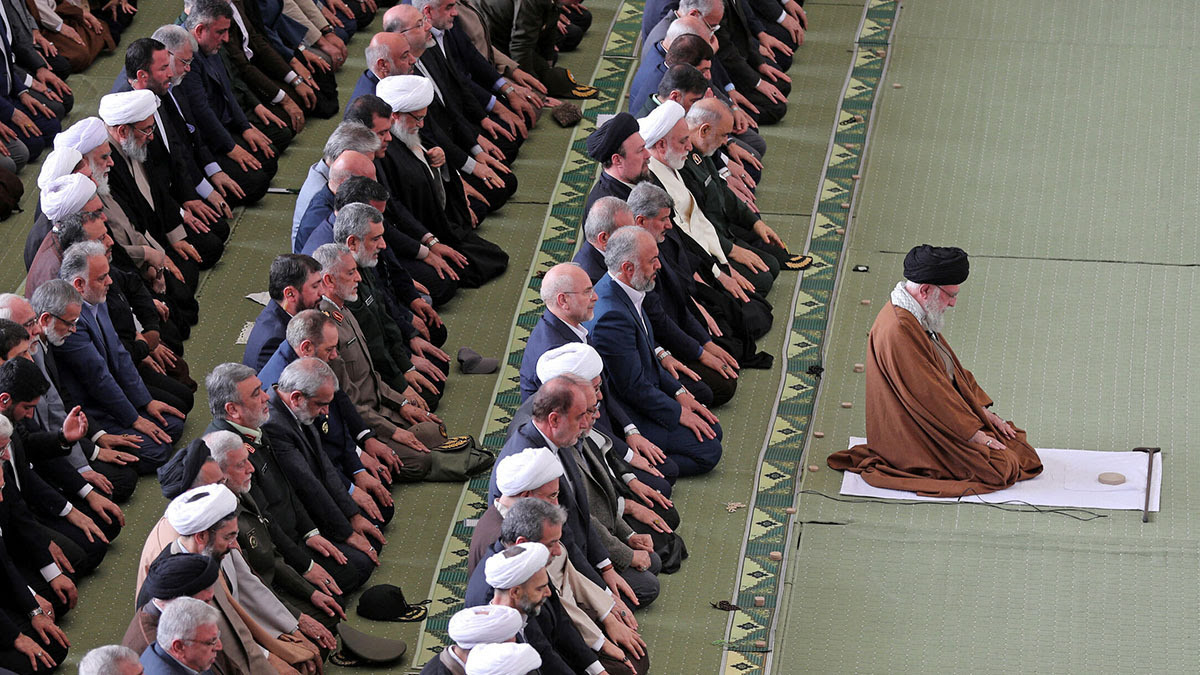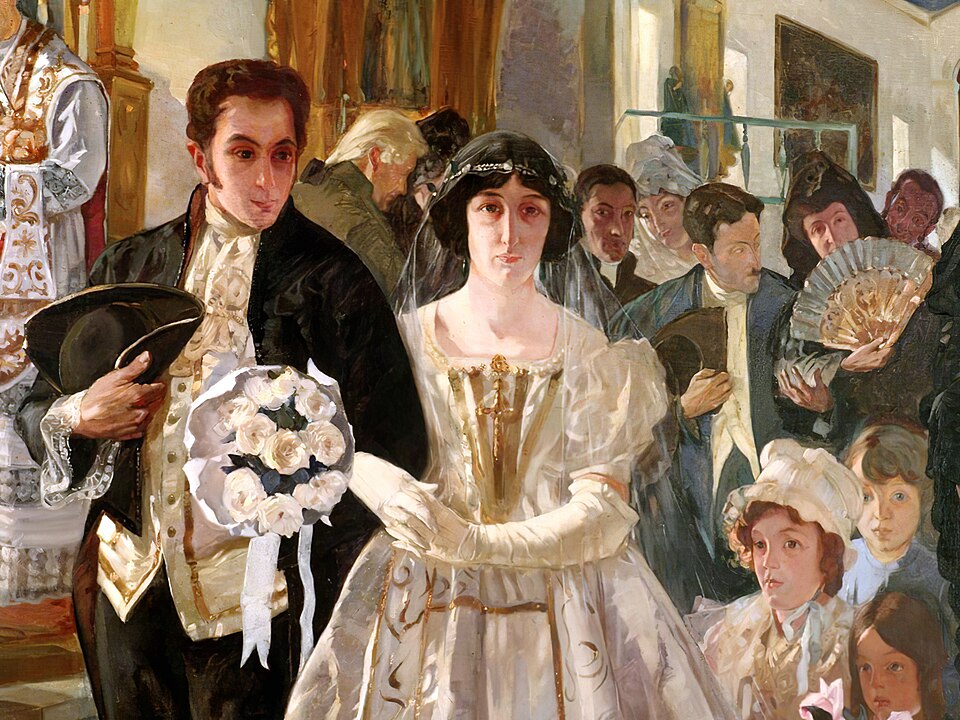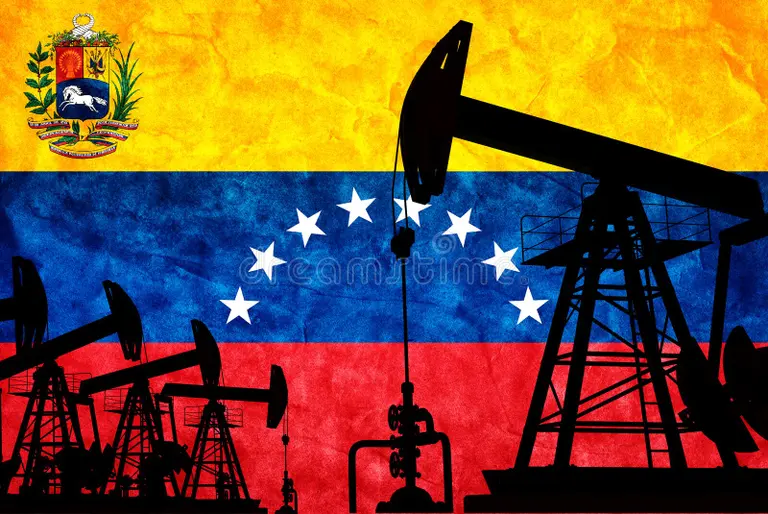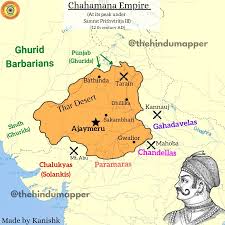NOBEL PEACE PRIZE
SARASIJ MAJUMDER
Nobel Peace Prize was introduced on 1901, and the Peace Prize was presented in Oslo, Norway, in accordance with Mr. Nobel’s instructions.
Why was Norway selected? It is not definitively known why Mr. Nobel chose Norway for the Peace Prize. One theory is that since Norway was in a union with Sweden at that time, Mr. Nobel may have considered Norway’s parliament better suited for the task because it lacked Sweden’s militaristic traditions.
The Nobel Peace Prize is awarded on the day of Alfred Nobel’s death, the 10th of December, a time-honored tradition since 1901. During the Nobel days in December a number of events mark the occasion.
The first Nobel Peace Prize in 1901 was shared by two individuals: Jean Henry Dunant for his work founding the International Committee of the Red Cross and Frédéric Passy for his lifelong dedication to international peace conferences and arbitration.
Jean Henry Dunant: Awarded for his humanitarian efforts in founding the International Committee of the Red Cross after witnessing the suffering of wounded soldiers at the Battle of Solferino. The Battle of Solferino (referred to in Italy as the Battle of Solferino and San Martino) on 24 June 1859, and Red Cross was founded on 1863, by the International Committee of the Red Cross (ICRC), in Geneva, Switzerland. It was established through the initiative of five Swiss citizens, including Henri Dunant.
Frédéric Passy: Recognized for his work as a leading pacifist, including founding the first French Peace Society and promoting international diplomacy and arbitration. The first French peace society, (the Ligue internationale et permanente de la paix), (International and Permanent League of Peace), was founded in 1867 by him. This organization later evolved into ‘the Société française des amis de la paix’ and eventually became ‘the Société d’arbitrage entre les Nations.’
Hence we can conclude that one received for ‘Humanitarian Work’ and the other was related to promotion of ‘PEACE’ in a state—as well as sorting out ‘Conflicts’.
Both happened much before 1901.
NOBEL’S WILL:
According to Nobel’s will, the Peace Prize shall be awarded to the person who in the preceding year,.. “shall have done the most or the best work for fraternity between nations, for the abolition or reduction of standing armies and for the holding and promotion of peace congresses”…..
And you see—in the first year itself—the committee violated the boundary set by Mr. Nobel in his will for ‘PEACE PRIZE’.
Mr. Jean Henry Dunant’s service was in no way related to ‘PEACE’, though that had immense ‘HUMANITARIAN VALUE’! Unfortunately, ‘Peace’ and ‘Humanitarian Service’ are not same!! Though both are having immense value to the Mankind.
And Mr. Jean Henry Dunant surely deserved a recognition of the highest order! Simply, he doesn’t qualify for Nobel Peace Prize, as per Mr. Nobel’s will!!
Now let us try to find out what is meant by ‘PEACE’.
Etymology: –
Before the word ‘peace’ came into English lexicon, Anglo-Saxons used a phrase “friðu sibb” for “pledge of peace”. The term ‘peace’ originates from the Anglo-French pes, and the Old French pais, meaning “peace, reconciliation, silence, agreement” (11th century).
BIBLIC INTERPRETATION:
In the Bible, peace is more than just the absence of conflict; it is a state of wholeness, well-being, and completeness that comes from a right relationship with God. The Hebrew word, shalom, and the Greek word, eirene, both convey this deeper meaning of a state of harmony and tranquility that can exist even amidst outward turmoil. Peace is considered a gift from God, a fruit of the Holy Spirit, and a result of righteousness and justice.
INDIAN ANGLE:
If you look towards orient, Sanatan Dharma uses the word ‘Shanti’ (शान्ति ),The word “Shanti” is derived from the Sanskrit word “śānti,” which means “peace,” “tranquility,” or “calmness”. Its root is the Sanskrit word “śam,” meaning to be calm, to pacify, or to settle, combined with the suffix “-ti,” which denotes a state of being. The term represents a profound state of inner calm and spiritual balance, central to Indian religions like Hinduism, Buddhism, and Jainism.
Hence, it gets established that all the three above references define ‘PEACE’ more or less using similar words.
‘PEACE’ is not simply absence of ‘WAR’.
Harry S. Truman was the U.S. president on whose sole decision the atomic bombs were dropped on Hiroshima and Nagasaki in August 1945 and Second World War was brought to an end by surrender of Japan. Did he deserve Nobel Peace Prize for the year 1946 ??
The 1946 Nobel Peace Prize was awarded jointly to Emily Greene Balch and John Raleigh Mott.
Balch was honoured for her lifelong (?) work for peace, and was a founding member of the Women’s International League for Peace and Freedom. Actually—she was an American economist, Sociologist and Pacifist. During 1914, she formed the ‘League’.
Mott was recognized for his role in creating a peace-promoting (?) religious brotherhood across national boundaries. He was head of ‘YMCA’.
I don’t want to say anything more about them.
Now I will tell you about the most deserving candidate of Nobel Peace Prize, for the year 1901.
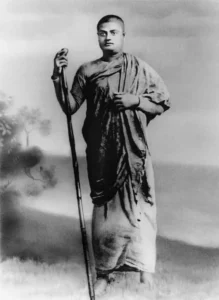
The “Chicago religious conference 1893” refers to the World’s Parliament of Religions, a landmark event held during the 1893 World’s Columbian Exposition that was the first formal gathering of representatives from Eastern and Western spiritual traditions. A key moment was Swami Vivekananda’s speech, which introduced Hinduism to the West and included the famous greeting, “Sisters and brothers of America!”. The conference explored religious tolerance and harmony and is considered a watershed moment for interfaith dialogue. He converted a religious congress into a “PEACE’ congress, and promoted it in a single-handed manner!!
The impact was enormous!
Swami Vivekananda spread ‘Peace’, ‘Tranquility’ ‘Reconciliation’ and all related to these—as defined in Bible, Sanatan Dharma, and in etymology of the ‘WORD’– PEACE! And as well as in the ‘will’ of Mr. Nobel!! And his service was much closer to 1901.
He should have been the “Numero Uno” and Benchmark’ for this prize. And he died on 4th July 1902.
न जायते म्रियते वा कदाचि
नायं भूत्वा भविता वा न भूय: |
अजो नित्य: शाश्वतोऽयं पुराणो
न हन्यते हन्यमाने शरीरे || 20||
Ref.:Bhagavad Gita: Chapter 2, Verse 20.
Swami Vivekananda remained immortal. Names of most of the Nobel Peace Prize winners are now covered by the dust of time.
Disclaimer:– This ‘BLOG’ is just expression of my views, without insulting any person, or committee.

